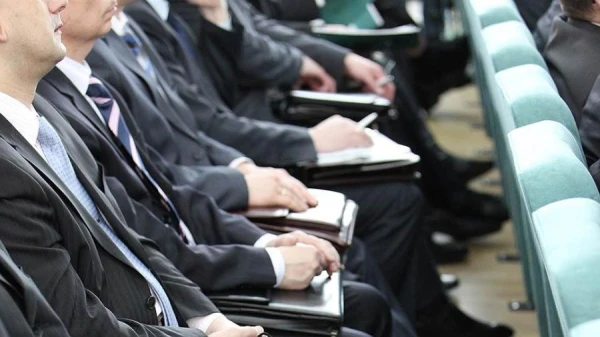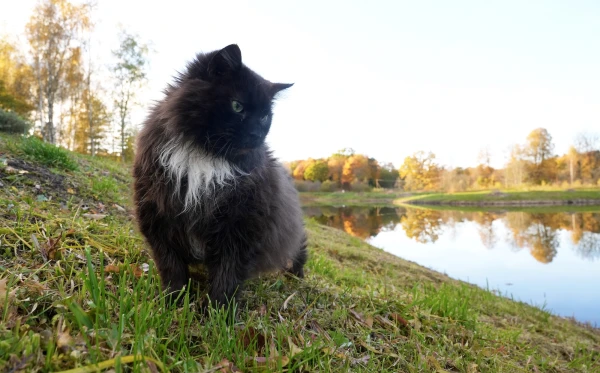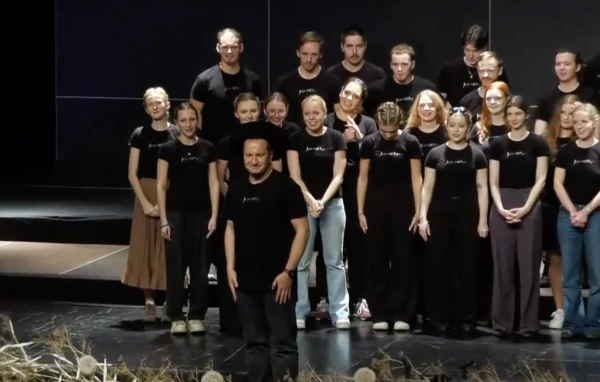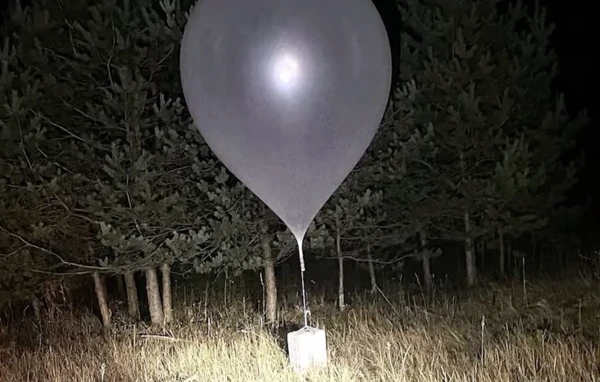
Searching for a sphere in Latvia that has not been affected by theft is like searching for a political utopia, writes Vildors Eichmanis on the Pietiek portal. The truth is harsh: corruption is not isolated violations, but the fundamental mechanism of the system. It is a slow but incurable disease that devours the state organism from within.
And here we come to a real dilemma: we are all being robbed, yet we remain silent. Why?
Numbers and Schemes: How We Are Systematically Being Robbed
The principle of "not everyone is stealing, but everyone is being robbed" is no longer just a topic for conversation, but a collective reality. Our common resources are being drained at three main levels.
- State and municipal budgets: holes in the pockets
Taxpayer money is disappearing systematically:
-
"Markup" on public procurement: studies show that the costs of large infrastructure projects in Latvia exceed those of similar projects in Estonia or Lithuania by 20-40%. This "inflation" means that millions of euros that could have been used for healthcare or education are being redistributed among narrow circles.
-
VAT fraud: according to estimates by the Ministry of Finance, the state loses about 400-500 million euros annually due to unpaid VAT. These cash flows are organized, and their impact is enormous.
-
Consequences in everyday life: broken roads, dilapidated schools, and long queues in healthcare are not just signs of poor management. They are direct evidence that the necessary funds have gone elsewhere.
- EU funds: our stolen future
European money intended to bring us closer to Western Europe often becomes a means for quick enrichment.
State control bodies note that more than 10% of the disbursed EU funds are considered potentially risky. We are talking about hundreds of millions of euros.
- "Artificial projects" are created, the sole purpose of which is to obtain funds without creating anything real. Thus, future generations are deprived of opportunities.
Silence as Accomplicity: Why Do We Allow This to Happen?
This is a real dilemma. While a small group of people commits the thefts, our collective silence supports the system. We are victims who have become supporters of the system.
The Ecology of Silence:
-
Fear: many remain silent because they fear losing their jobs, contracts, or facing administrative consequences. The fear is real, and it is created by the system.
-
Apathy and fatigue: "nothing will change" has become the national motto. People are tired of the constant news about corruption and have lost faith in the possibility of changing the situation.
-
"Blindness" at higher levels: often high-ranking officials refuse to acknowledge the scale of the problem, pointing to isolated cases rather than a systemic mechanism. Such "blindness" legitimizes the status quo.
The paradox: in Latvia, the greatest threat to the system comes not from the thief, but from those who dare to speak out. Thus, we as a society become accomplices — robbed individuals who allow the system to continue existing with our silence.
Conclusion: From Dilemma to Action
The question is no longer whether "corruption exists," but whether we have enough willpower to stop it.
To put an end to this dilemma, it is necessary to:
-
Acknowledge the systemic nature: stop talking about "isolated cases" and start discussing corruption as an organized industry operating within the state apparatus.
-
Demand full transparency: all public procurements, contracts, and decision-makers must be fully accessible. Technology makes this possible — only political will is lacking.
-
Stop encouraging silence: as a society, we must cease the attitude that "silence is golden." Silence in this context is a betrayal of our common future.
Silence is not inaction. It is an active choice to support a system that robs us. Every day of silence costs us millions of euros and steals the future of our children.
We must choose: will we continue to be robbed and silent, or will we become citizens who speak out? Because our silence is not gold; it is the price of stolen billions.













Leave a comment